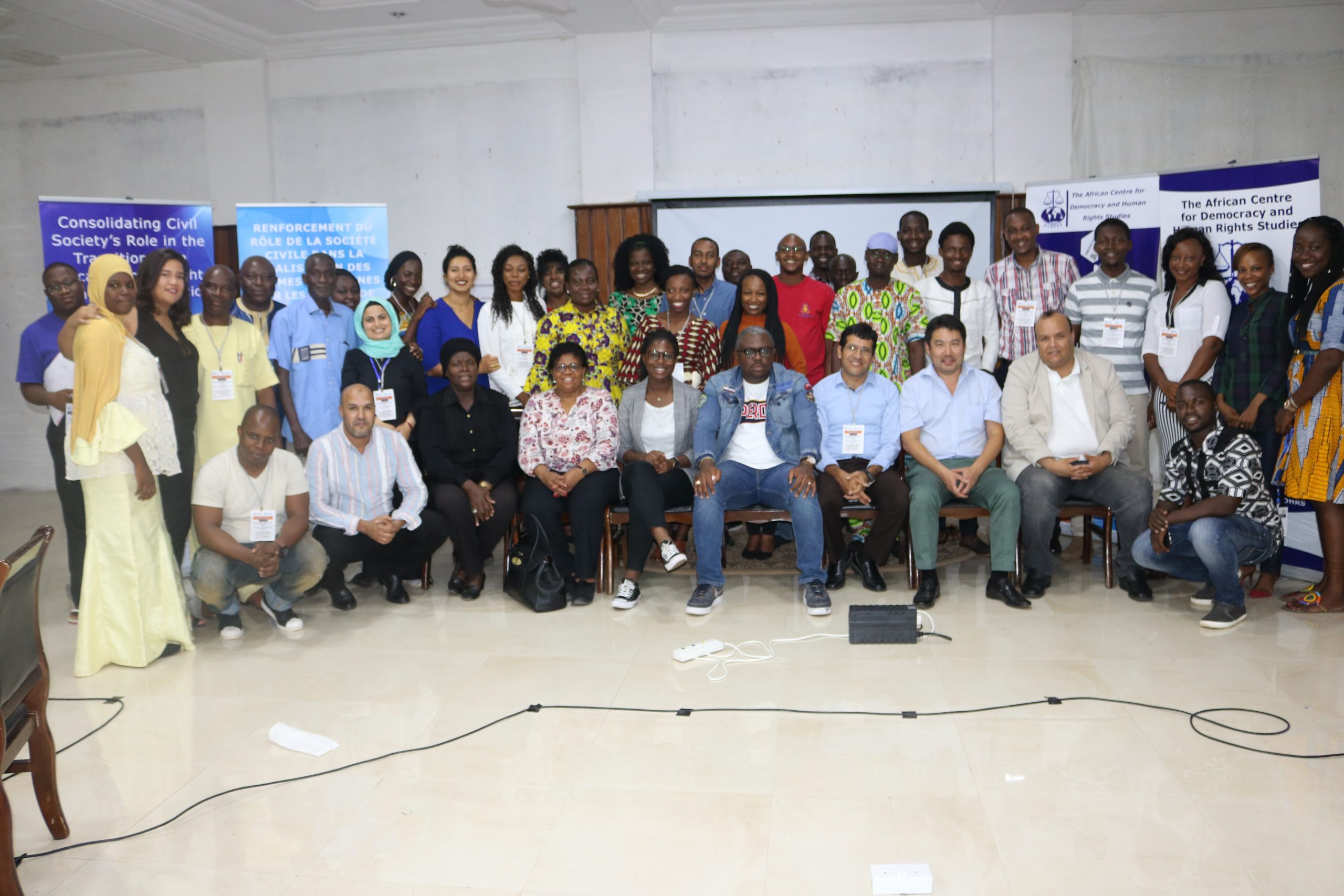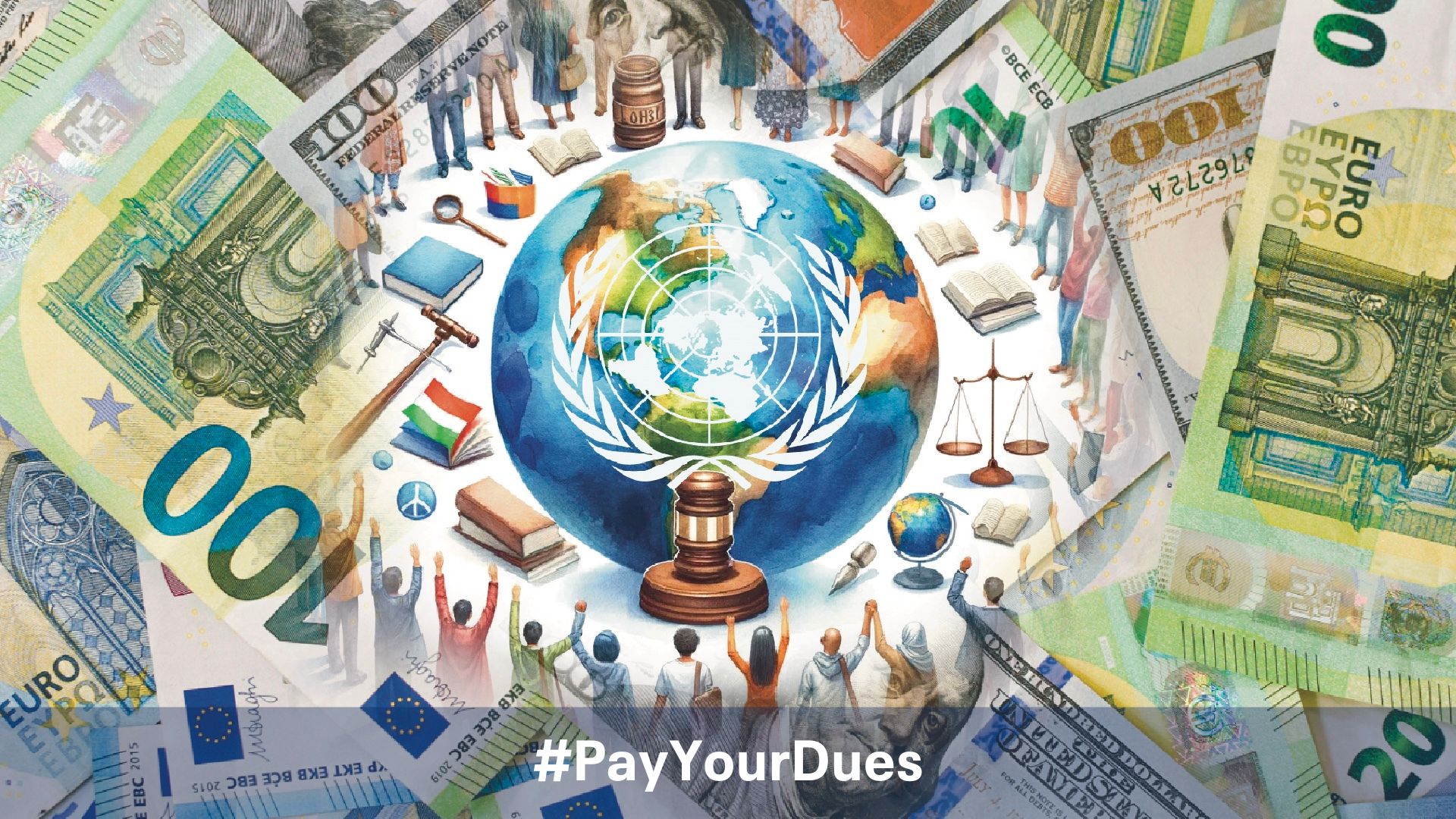This training was co-organised by ISHR, the African Centre for Democracy and Human Rights Studies (ACDHRS), OHCHR and the Conseil National des Droits de l’Homme of Morocco. It lasted from 17 to 19 October 2018 and 21 African countries were represented among the participants.
On the first day, participants shared their expectations and presented the human rights situation in each of their countries. Most of them hoped to use this opportunity to improve their knowledge on treaty bodies and more broadly UN human rights mechanisms. They also indicated their willingness to improve their understanding of mechanisms protecting women, learn more on how reprisals are handled at the international and regional level and benefit from the experience of other participants to reinforce their capacity as defenders. Participants from Burundi, Benin, Algeria and Kenya highlighted the risks they face and especially the prominence of restrictive laws limiting their work in their countries.
The first day gave an overview of the international mechanisms defenders can engage with to promote the protection of human rights. Participants enquired specifically on the strategy to push forward specific issues such as migrants, children and LGBTIQ rights when protecting these rights can put them in a very unsafe position at the local level.
The second day opened with an introduction of the African Human Rights System. Later in the day, participants benefited from an in-depth perspective of the functioning of the African Commission and the mechanisms around it. This included the Special Mechanisms, the Committee of Experts on the Rights and Welfare of the Child and the African Court on Human and Peoples’ Rights. This discussion allowed the defenders to have a better idea of their respective mandate, how to apply for observer status and the possibilities they have to engage once they acquire it.
During a session focused on the freedoms of expression, association and assembly, participants shared the state of implementation and protection of these freedoms in their countries. Most of them hinted at the existing challenges in the actual protection of these freedoms. Though States have included these freedoms and guarantee to protect them in their Constitution, it is rarely the case. Laws restricting the work of NGOs have been adopted, demonstrations are violently repressed or forbidden and censorship is often used by the government to silence dissent.
The last session of the day invited participants to take part into a role-play exercise. This exercise gave them the opportunity to reflect on their engagement with international and regional systems. They had to think specifically about the steps they would take to advocate for a specific case of human rights violation, which mechanisms they would turn to and, more importantly, what outcome would be expected from engaging with these mechanisms.
On the last day, the sessions focused on the protection of defenders particularly at the national level, the risk of reprisal when engaging with human rights mechanisms and the specific violations women human rights defenders have to overcome in order to pursue their human rights work.
To conclude these three days, a few participants shared their experience with international and regional human rights mechanisms and the challenges they overcame. Finally, the participants all came together to develop strategies for future opportunities of engagement.
Contact: Adélaïde Etong Kame, ISHR Africa Advocacy Consultant, [email protected]
Photo: John Gbenagnon/ ACDHRS




